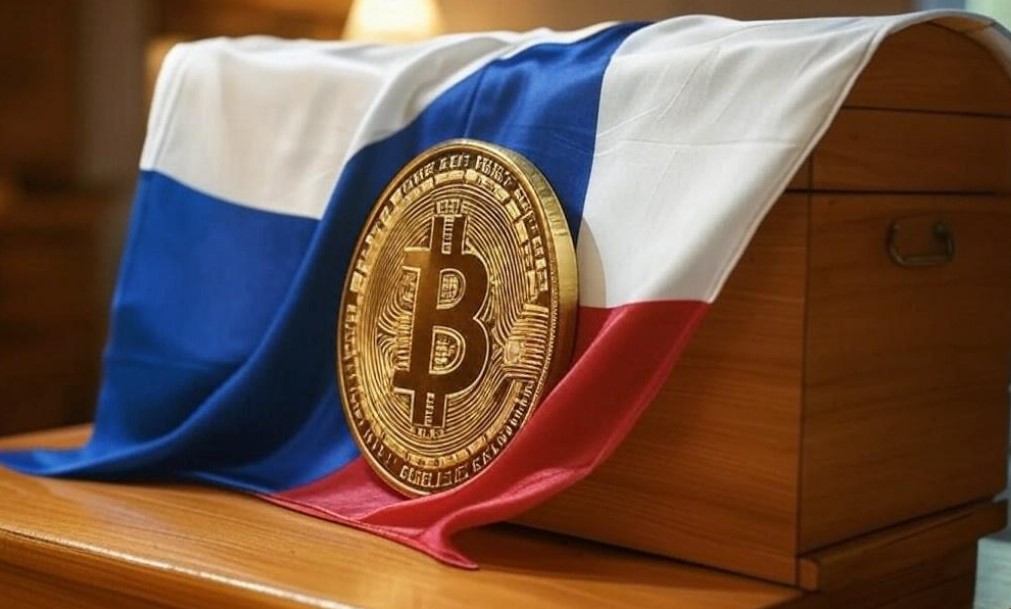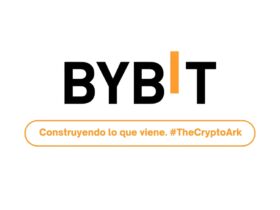The governor of the Central Bank of the Czech Republic, Aleš Michl, spoke during an interview about the possibility of adopting bitcoin as a strategic treasury currency.
This statement comes amid the boom that the issue has experienced in recent weeks. Michael mentioned what considers BTC as a suitable asset to diversify the country’s reservesbut he stressed that the decision is not in his hands.
“Bitcoin is an interesting option for diversification compared to other assets. “I was thinking about acquiring just a few bitcoins, but I never had the intention of making a significant investment,” Michl told the local press. Then, he stressed that “there are seven of us on the board,” indicating that any approval of the purchase and sale of BTC has to be authorized by the board of directors of the Czech national bank.
With Michl’s comments, the Czech Republic joins the countries that have shown interest in forming their own strategic bitcoin reserves. This trend has gained notable momentum since last year, driven especially by Donald Trump’s victory in the presidential elections.

Trump promised the creation of a national bitcoin reserve for the US, which would initially have 200,000 coins, as reported by CriptoNoticias.
In Europe, other nations have shown similar interest in the topic. From the European Parliament, French legislator Sarah Knafo has requested that a strategic bitcoin reserve be established in the region, as this medium also reported.
The comment by the governor of the central bank of the Czech Republic comes in a context of marked interest in the bitcoin market. At the beginning of December 2024, the Parliament of the European country approved a law to eliminate taxes for those who save in bitcoin for up to 3 years, and that recognizes BTC as shares.
This interest on the part of the Czech Republic is part of a broader panorama where cryptocurrencies, especially bitcoin, are being viewed more seriously by financial institutions and governments.
The possibility of diversifying national reserves with cryptoassets such as bitcoin raises a new paradigm in the management of government treasuries, a topic that, although still in the discussion phase and not implemented, indicates a potential change in traditional financial policies.
The adoption of bitcoin as a strategic reserve could have significant implications for the Czech economy, both in terms of financial innovation and the global perception of its market. However, internal resistance within the board and considerations over cryptocurrency volatility and regulation They remain obstacles that must be overcome before talking about any formal adoption.






Leave a Reply